FY22 Community Project Funding
Appropriations Committee
Community Projects Funding Requests
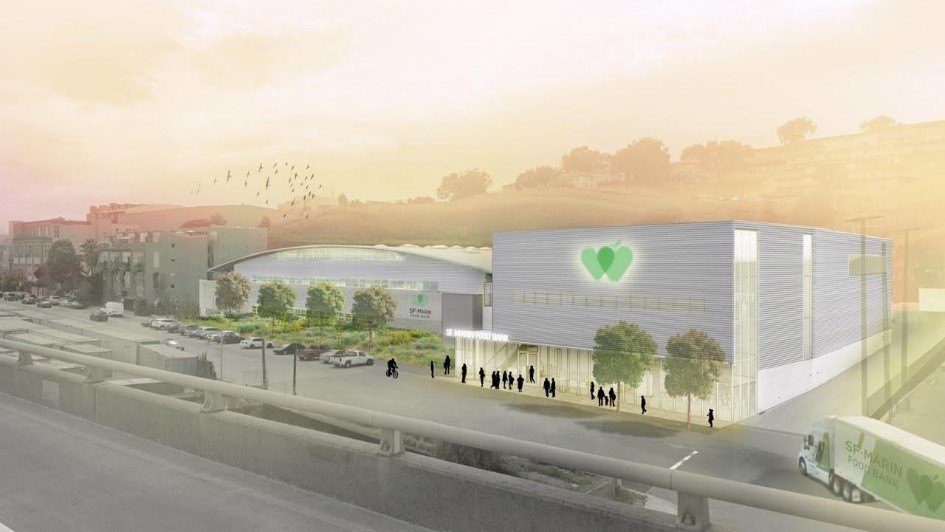
San Francisco-Marin Food bank is requesting $1,000,000 to purchase a new 5,200 square foot walk-in cooler, which would quadruple their cold storage capacity to store up to 35 million pounds of healthy proteins, produce and grocery rescue to distribute to food insecure San Francisco and Marin residents.
The San Francisco-Marin Food Bank, located in the Dogpatch neighborhood, distributes food to over 55,000 community families weekly - with its distribution nearly doubling during the pandemic. The Food Bank's Pennsylvania Avenue warehouse site was originally intended to support the distribution of 30 million pounds of food per year. Now, handling 48 million pounds annually, the site is at maximum capacity and forced to lease space off-site to store food. The new cooler, with a fifty-year life span, will be part of a larger site expansion allowing the Food Bank to serve up to 200,000 people per week and distribute 75 million pounds of food annually.
In response to COVID-19, the Food Bank has opened up 27 emergency pop-up pantries around San Francisco and Marin over the past year to ensure that struggling families do not go hungry, as well as support over 9,000 homebound seniors and people with disabilities that have food delivered every week. The San Francisco-Marin Food Bank serves an essential role in providing a critical resource for the community. The foodbank is the primary food source for many families and individuals - making this project critical to the survival of struggling communities in the Bay Area.
'There is no vaccine for hunger': Pandemic urgency pushes S.F.-Marin Food Bank to start $40 million expansion," San Francisco Chronicle
"Unprecedented': Bay Area food banks struggle to meet demand amid coronavirus shutdown," San Francisco Chronicle
"SF-Marin Food Bank finds fewer missing meals, but need to feed hungry remains," San Francisco Chronicle
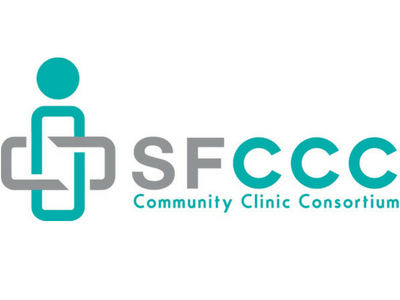
The San Francisco Community Clinic Consortium has requested funding to improve both access to care and health outcomes at eight community health centers across San Francisco. The proposed funding will allow these clinics to serve more patients by adding more service practices such as telehealth, increasing the number of dental operatory treatment spaces within their network, expanding behavioral health services, purchasing sanitation equipment to expediate the cleaning of exam rooms in between patient visits and ensuring clinics are welcoming to all patients, including those with mobility needs. Improved health information systems will allow tracking health outcomes and care that is best suited for each patient's overall health.
For almost 40 years, SFCCC has developed innovative programs and advocated for policies to increase access to quality community-based primary health care. Providing primary care services to more than 10 percent of San Francisco's population, they continue to serve many overlooked populations including low-income, homeless, immigrant, racially/ethnically diverse, LGBTQ, HIV-positive and senior San Franciscans. The eight community health centers include: San Francisco Community Health Center, HealthRIGHT 360, Mission Neighborhood Health Center, BAART Senior Center, Curry Senior Center, North East Medical Services, South of Market Health Center, and Saint Anthony Medical Clinic.
"In SF, Pelosi Talks American Rescue Plan, Post-Pandemic Healing, Anti-AAPI Violence," NBC Bay Area
"Community Clinics Cross Language, Digital Divides to Distribute Vaccine," San Francisco Public Press
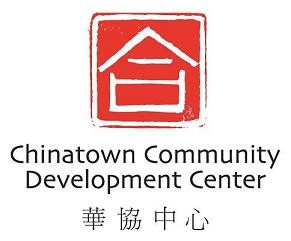
The Chinatown Community Development Center will perform mandatory, shovel-ready seismic retrofits and plumbing system upgrades, including fire sprinkler system, at the TOWER Hotel property. This 3-story wood framed building was built in 1911 and is home to 33 single room occupancy (SRO) affordable housing units for extremely low-income residents of Chinatown. The ground floor and basement serve as commercial space for CCDC, which it uses to further serve the community by empowering its residents and offering affordable housing to Chinatown's most vulnerable community members. Because this building is over a century old, it requires multiple renovations to ensure its longevity and its residents' safety – the most pressing of which are seismic retrofits, plumbing upgrades, and fire sprinkler work.
CCDC has been committed to serving the Chinatown community since its inception in 1977 and has continued to provide critical community development services as neighborhood advocates, organizers and planners, and as developers and managers of affordable housing.
"Chinatown Housing Group Feeds Vulnerable SRO Tenants – by Reviving Legacy Restaurants," KQED
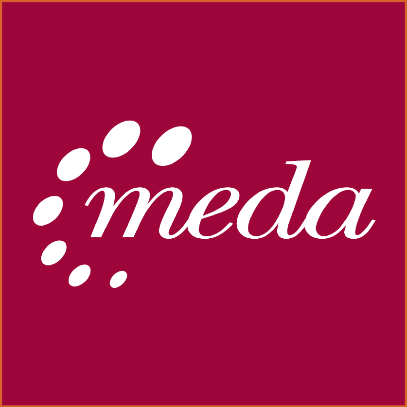
This project would aid Mission Economic Development Agency in building space for nonprofits to continue offering critical food, educational, workforce, housing, art and civic engagement resources to families – especially households with Latino essential workers that were hardest hit by COVID-19.
MEDA provides community development and family support programs that serve over 8,000 low-moderate income, primarily immigrant and Spanish speaking individuals each year. This includes administering the U.S. Department of Education-supported Mission Promise Neighborhood cradle-to-career education initiative, family asset building programs, and small business lending.
In response to hypergentrification and the displacement of 25 percent of the Mission District's Latinx families, MEDA is working preserve the heritage of their historically Latino neighborhood. The organization is building over 300 affordable housing units with Casa Adelante at 2060 Folsom and 1990 Folsom, serving low-income households, homeless transitional-age youth and parenting youth in San Francisco as well as a nonprofit center at MEDA's headquarters at Plaza Adelante.
Rather than commercial retail, these properties will provide ground-floor spaces for neighborhood-serving nonprofit organizations with birth-to-career resources, ranging from a childcare center to after-school programs, and activities for youth and young adults. Funds will be used by MEDA to complete interior construction for these neighborhood-serving organizations and support new space requirements for service delivery during and after COVID-19 for these two buildings as well as their Plaza Adelante.
"S.F. Development Will Serve Low-Income Residents, Homeless Youth, Affordable Housing Finance,"
"After a decade, a fully affordable housing development breaks ground in SF's Mission," Mission Local
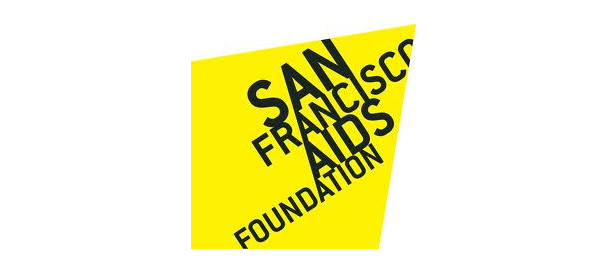
The San Francisco AIDS Foundation is one of the most highly respected AIDS service organizations in the United States, promoting health, wellness and social justice through sexual health and substance use services, advocacy and community partnerships. Led by and designed for long term survivors, the SFAF Mental Health & Substance Use Services for Long Term Survivors of HIV/AIDS project is designed to holistically support people over the age of 50 living with HIV/AIDS with a focus on serving Black and transgender community members, people with mental health issues, and people who use drugs. The proposed program funds a continuum of care that includes mental health, substance use treatment, and case management services. The program seeks to reduce isolation, support individuals with mental health and substance use needs, meaningfully engage long term survivors in community building efforts and stabilize safety networks for these priority communities. Funds will provide for mental health and substance use treatment counselors, a long-term survivor case manager, a bilingual health educator and program materials to engage long term survivors and people living through group and individual-level interventions.
Over half of people in the United States diagnosed with HIV are over the age of 50, and it is estimated that by 2030, 70 percent of people living with HIV/ AIDS will be over 50. In San Francisco, the percentage has already reached 69 percent of survivors over the age of 50. The COVID-19 pandemic has profoundly impacted homebound and socially isolated long-term HIV/AIDS survivors, who have already survived the AIDS pandemic.
"H.I.V. Survivors Confront Painful Memories and New Risks in Pandemic," New York Times
"For HIV Survivors, Pandemic Is Sad Reminder of Early Days of AIDS," KQED
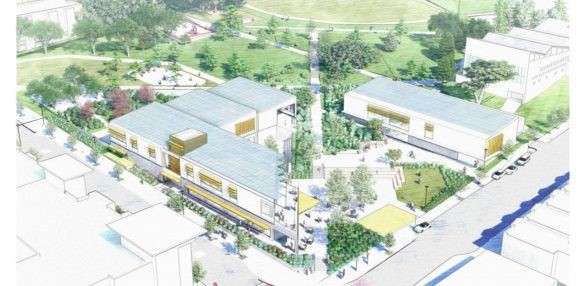
The San Francisco Recreation and Park Department requests $1.5 million to assist with construction of a new 11,500 square foot multi-use recreation center and outdoor amenities for the economically and socially isolated Sunnydale/Visitacion Valley neighborhood.
The new gym is planned within a community center campus that provides childcare and recreational services, and will serve as the centerpiece of the 1,600-unit rebuild of the Sunnydale HOPE SF Public housing development. Sunnydale is the City's largest public housing community, with an average annual household income at below $20,000 and a 75 percent unemployment rate. The recreation center will offer access to basketball, volleyball and badminton and a multi-purpose room for small gatherings including community meetings. The exterior improvements include an adult fitness area, a nature exploration area and a picnic area.
San Francisco voters approved the 2020 Health and Recovery Bond which identified Herz Playground Recreation Center as a named project and allocated $10 million towards this project.
https://sfrecpark.org/1488/Herz-Recreation-Center-Project
"Thirty years ago Sunnydale residents asked for a gym; it's finally happening" San Francisco Chronicle
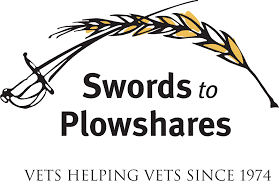
Supporting nearly 3,000 homeless, low-income, and at-risk veterans in the Bay Area every year, Swords to Plowshares offers employment and job training, supportive housing programs, permanent housing placement, counseling and case management, and legal services. Swords to Plowshares requested funding to expand their existing Veteran's Drop-in Center to a 10,000 square-foot Veteran's Community Center, which would provide mental health services, clinical case management, legal services, employment and job training, homelessness prevention and housing placement, community referrals for substance use treatment, and linkage to healthcare and disability benefits. In the evenings and on weekends, the Center will care for unsheltered veterans, as well as seniors and highly acute veterans who live in permanent housing but have limited connection to community. Swords will also provide transportation to the San Francisco VA Medical Center for group therapy, case management and other traditional interventions.
This federal funding will provide enhanced mental health services and support mental health positions and legal services staff who will help veterans access healthcare and benefits. The services model to deliver enhanced mental health support will include licensed Program Managers, Community Case Manager, Peer Navigators, and Geriatric Social Workers who can provide much-needed help for our seniors.
https://www.swords-to-plowshares.org/
"Swords to Plowshares Providing In-Person Veterans Services During Pandemic"
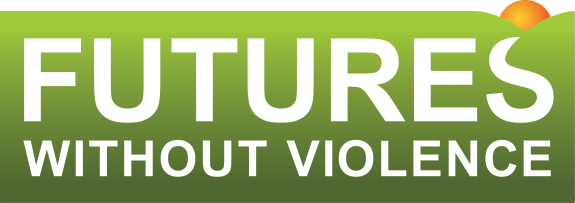
Educators know that childhood trauma, violence and poverty greatly impact student learning. With the increased levels of domestic violence, child abuse, grief and loss experienced by youth during the COVID-19 pandemic, educators are in a critical position to support students as they return to school with significant trauma. Yet, few trauma-informed social emotional learning opportunities exist to help middle and high school students build resilience, empathy and commitment to non-violence, or to assist educators with needed professional development and tools to translate brain science on trauma and violence into tangible supports for students.
Futures Without Violence, a health and social justice organization that develops, implements and advocates for groundbreaking programs and policies that strive to end violence against women and children, is requesting federal funding to establish the educational curriculum for the Courage Museum. This bold new national platform for public education and action engages individuals in challenging the inevitability of violence as part of the human experience. The first West Coast installation by nationally renowned designer Jake Barton, whose work includes the National 9/11 Memorial and Museum and Legacy Museum, it is located on the Main Post of the Presidio, underscoring our nation's priority to ending violence – particularly gender-based violence, an issue that impacts 1 in 3 U.S. women.
A first of its kind, the Museum will be a national destination for educators, policymakers and cultural leaders. With its innovative on-site and digital curricula and resources, the Courageous Classrooms and Communities educational program will spread and scale the impact of Future's trauma-sensitive programs by centering the needs of young people – motivating them to challenge the acceptability of violence and inspiring them to become courageous leaders in their communities.
The program will partner with schools to identify gaps in social-emotional learning programs related to trauma and resiliency; design virtual and in-person education to build skills and promote practical application in a collaborative community of practice; convene tailored educational programming for students and educators to complement the Museum experience and enhance learning transfer via transformative immersive education; and engage evaluators to assess learning transfer among teachers and students.
https://www.futureswithoutviolence.org/the-courage-museum/
"SF museum to explore our dark side: domestic violence, bullying, school shootings," San Francisco Chronicle
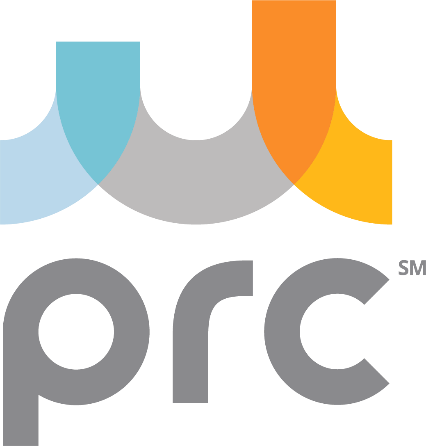
In partnership with the City and County of San Francisco, PRC launched Hummingbird Place in 2017, a homeless navigation center on the Zuckerberg San Francisco General Hospital campus. Unique in focus, it offers people experiencing a psychiatric episode or struggling with substance abuse a safe, welcoming environment with experienced behavioral health specialists to help them see a path forward off the streets. Due to the COVID-19 pandemic, PRC has had to modify residential treatment program delivery to ensure that there is space for isolation for potential COVID-19 cases, decrease the size of group treatment to avoid the potential of inter-facility spread and increase staff training related to personal protective equipment and the impacts of COVID-19 on the recovery process. PRC is requesting federal funding to help address this by expanding capacity and enhancing staffing at PRC's Behavioral Health Treatment facilities.
PRC is one of the only agencies in the country delivering an integrated continuum of services addressing social determinants that includes: Emergency Financial Assistance; Behavioral Health Treatment; Legal Advocacy; and Workforce Development. PRC's Behavioral Health Treatment Continuum is part of the San Francisco health and social systems of care. Their goal is to move San Francisco's most high-risk, marginalized populations forward on a path toward long-term stability and success—effectively preventing and reducing homelessness, improving public health and increasing the workforce.
https://prcsf.org/residential-services/#acute-services
"Meth deaths and ER visits climb sharply in SF, as leaders look for solutions," San Francisco Chronicle
"S.F. working to double beds at crucial homeless facility," San Francisco Chronicle
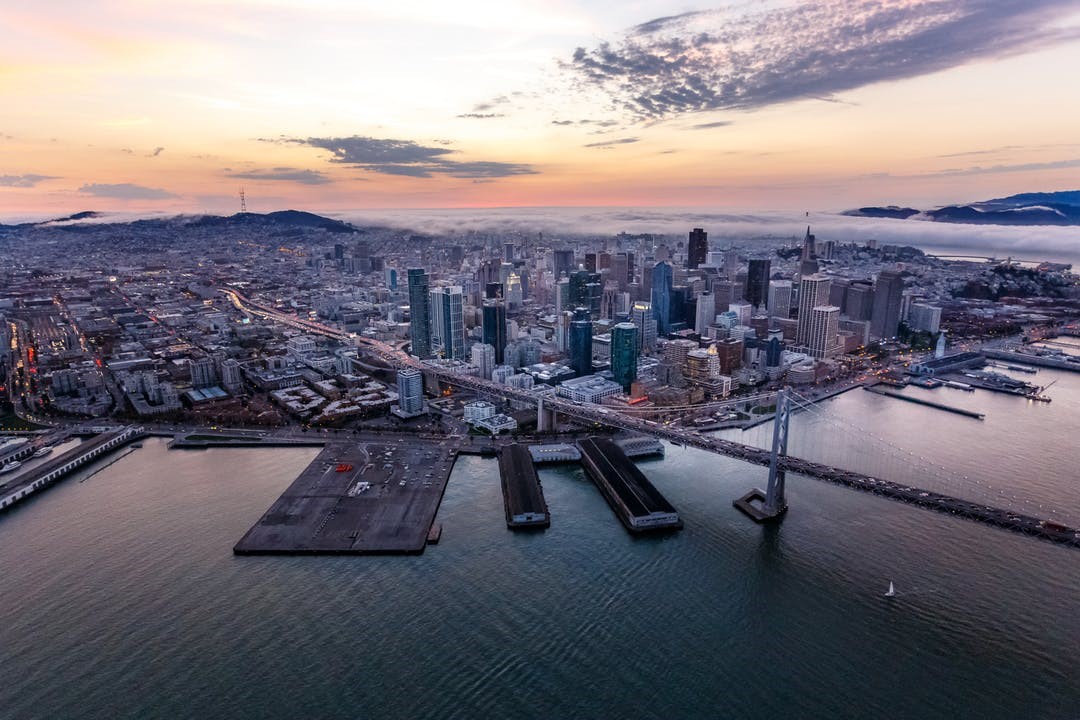
* The Port of San Francisco received $5 million for this project through the Infrastructure Innovation and Jobs Act, which caused the final funding to be decreased to the $200,000 needed for the U.S. Army Corps of Engineers to complete their investigation study on the Seawall.
The century-old Embarcadero Seawall underpins many of our most iconic and popular destinations, drawing millions of annual visitors and generating approximately $140 billion in public and private assets and economic activity. The Seawall is now in urgent need of repair, as it stands vulnerable to seismic risks and increasing flood risks. If the Seawall were to fail, it could destroy or seriously damage critical utilities, transportation infrastructure and waterfront businesses and neighborhoods. San Francisco voters demonstrated their support for the seawall by passing the $425 million Proposition A bond in 2018.
The purpose of the $20.3 million San Francisco Waterfront Flood Resiliency Study is to reduce and analyze current flood risks, understand the consequences of inaction and to identify flood risk management options that could meet current and future needs within the policies and regulations of the United States Army Corps of Engineers. In the Army Corps' fiscal year 2018 Workplan, the San Francisco Waterfront program was chosen as one of only six New Start Investigation studies selected in the nation, and $3 million has been appropriated for the study over fiscal year 2018-2020. The requested $3 million in FY22 appropriation, which would be matched by $3 million in Port funds, would allow the study to continue with focus on environmental and community engagement elements of the study.
In the recently-enacted Water Resources Development Act of 2020, Congresswoman Pelosi secured language in Section 113 to guarantee that the Corps uses the best available, peer-reviewed science as they develop the San Francisco Seawall study and language in Section 152 to ensure that flood risk initiatives in seismic hazard zones are not penalized in benefit-cost ratios. Implementation of these two WRDA sections, as part of the ongoing study, will enhance the project planning, ensuring a fair and accurate benefit-cost ratio score and modeling based on the best and most recent science – such as the sea level rise curves adopted by California Ocean Protection Council in 2018.
https://www.sfportresilience.com/
"S.F.'s Embarcadero seawall is surprise beneficiary of Trump-signed spending bill," San Francisco Chronicle
"SF's Embarcadero seawall measure wins easily," San Francisco Chronicle